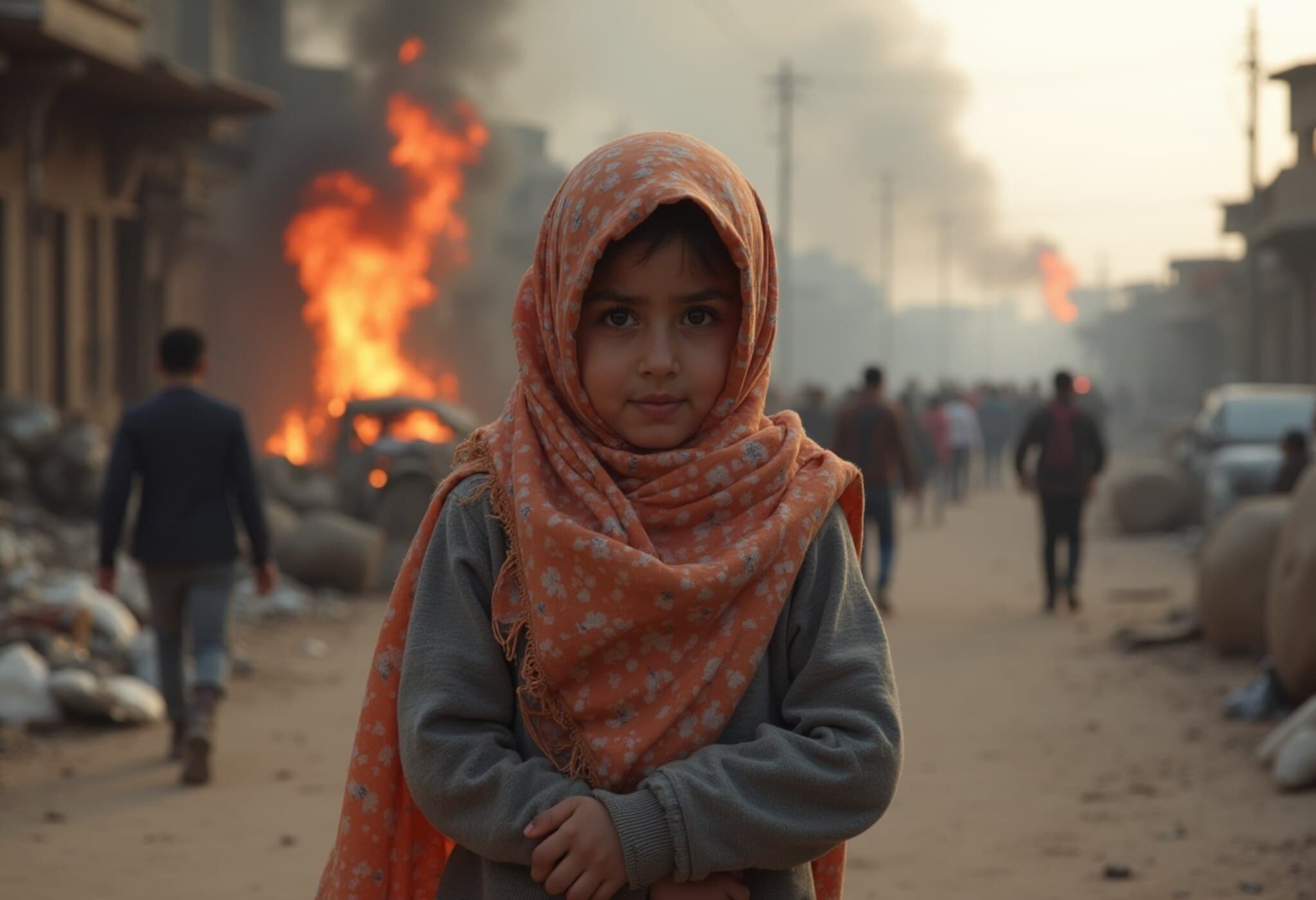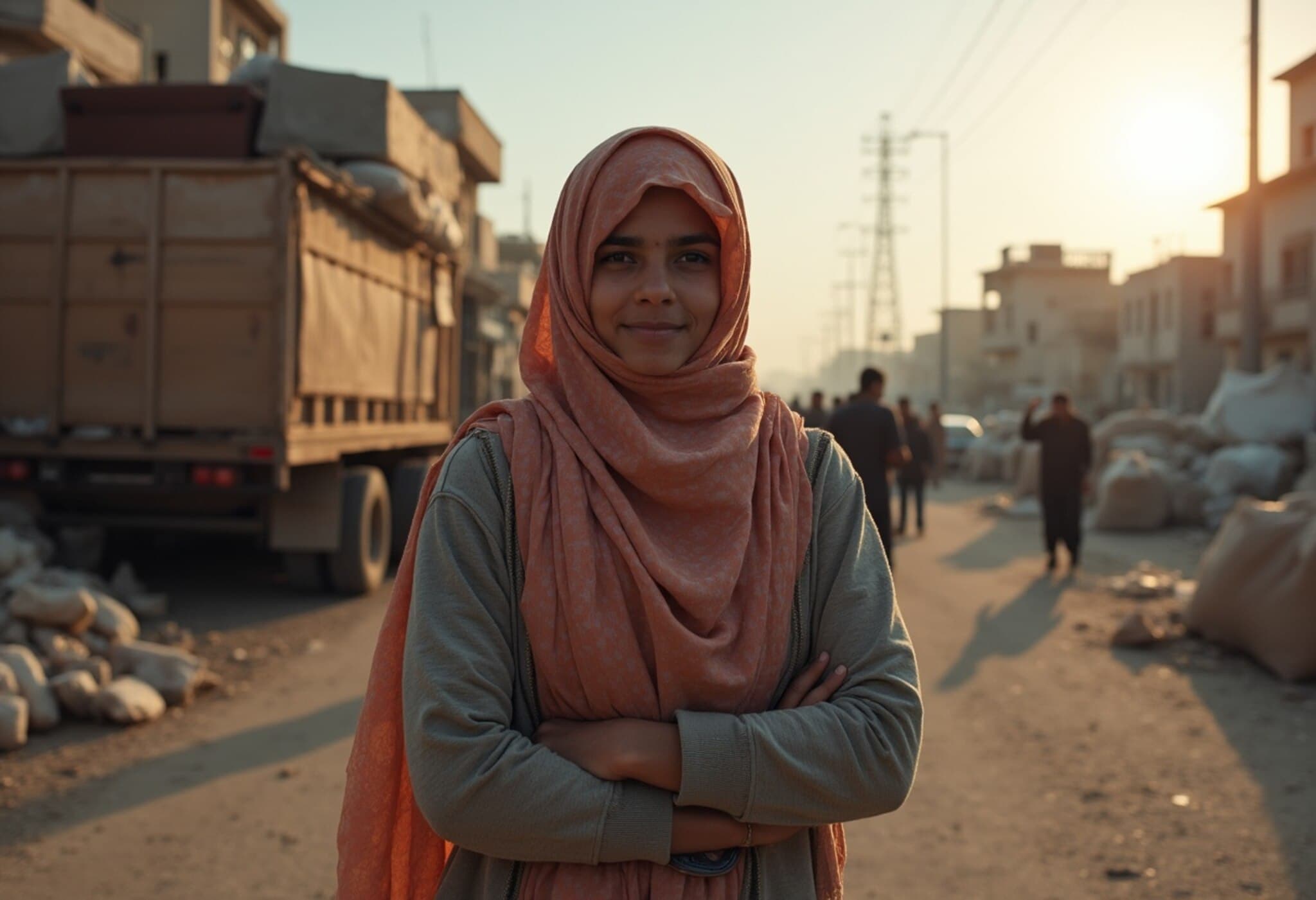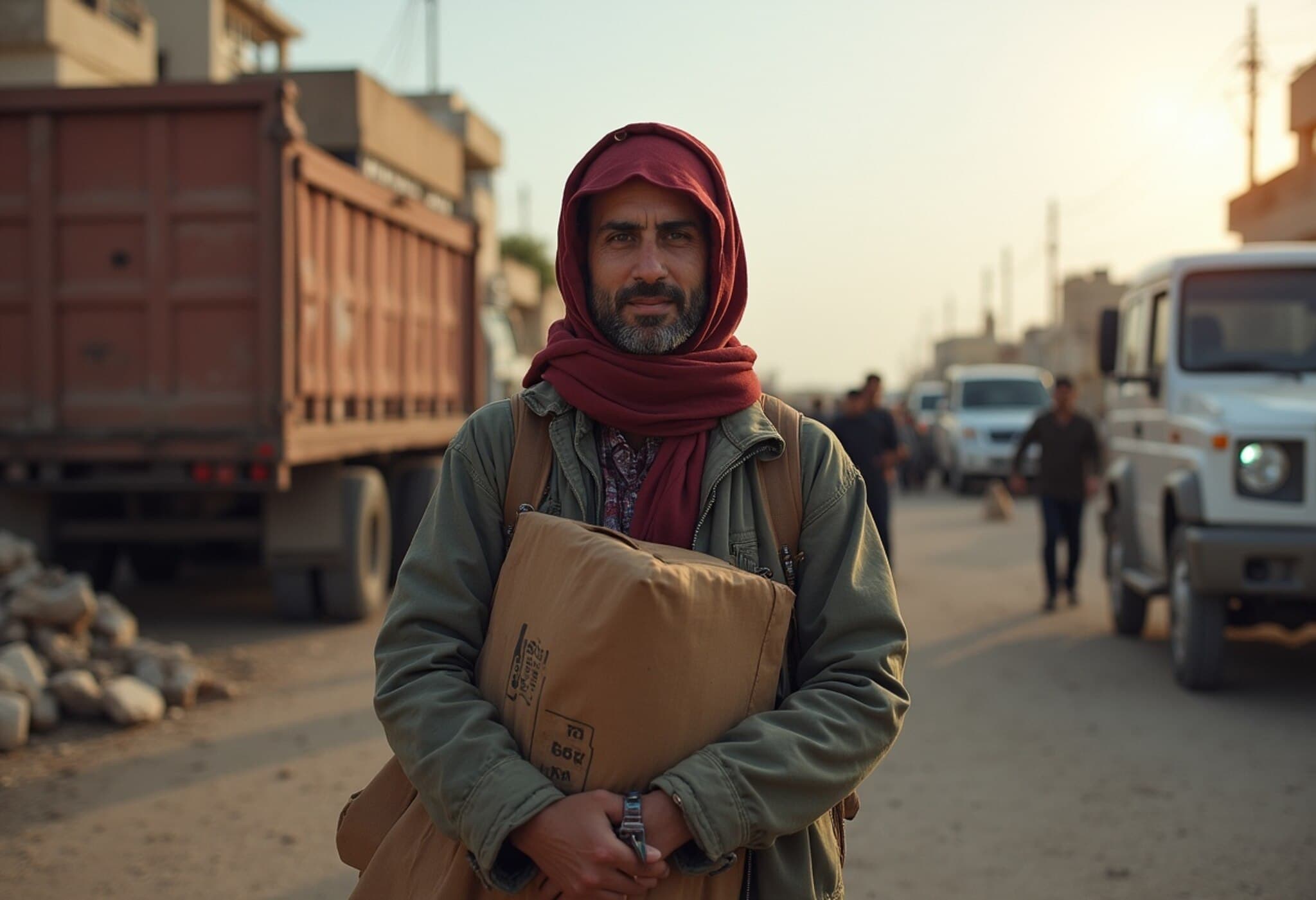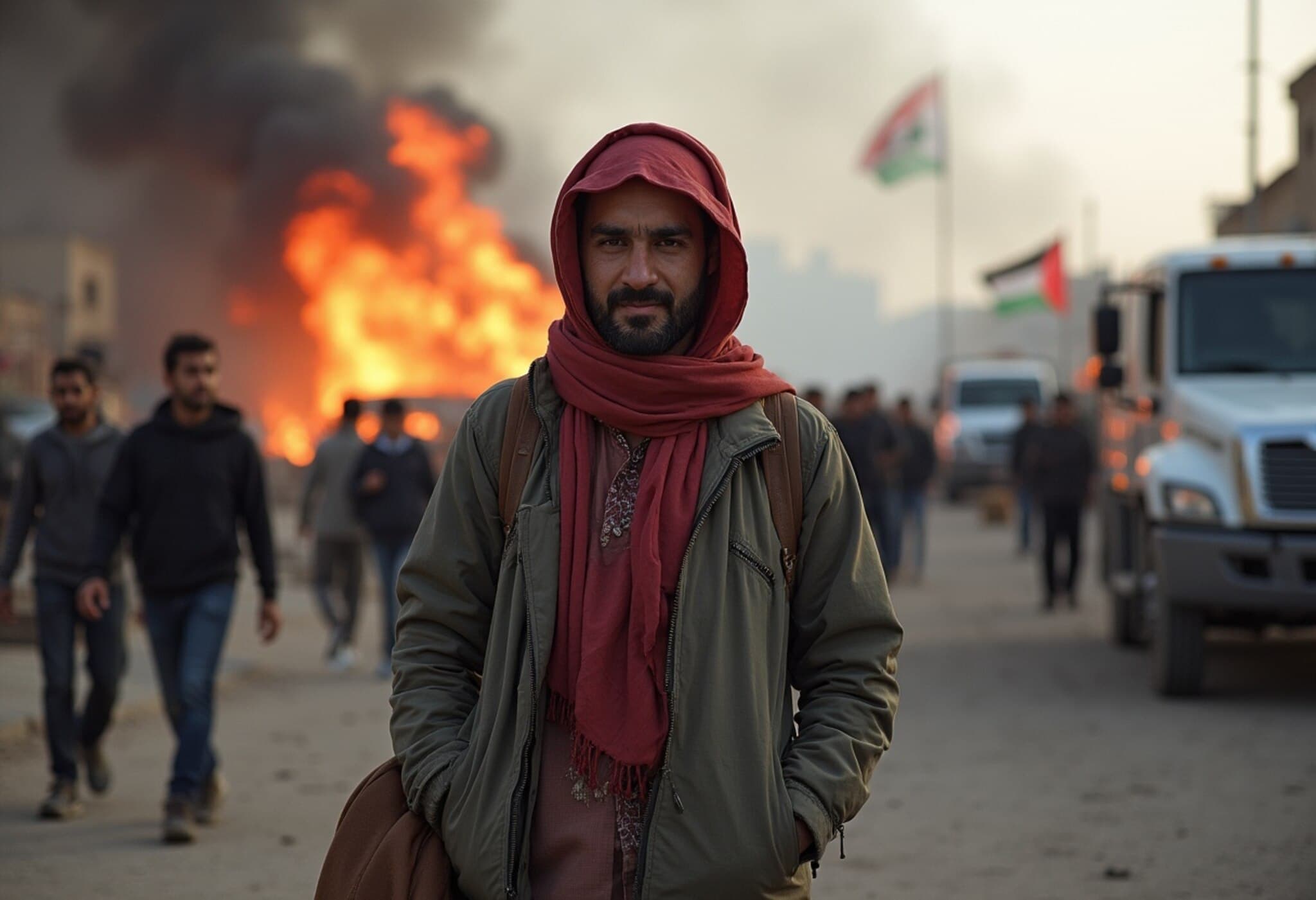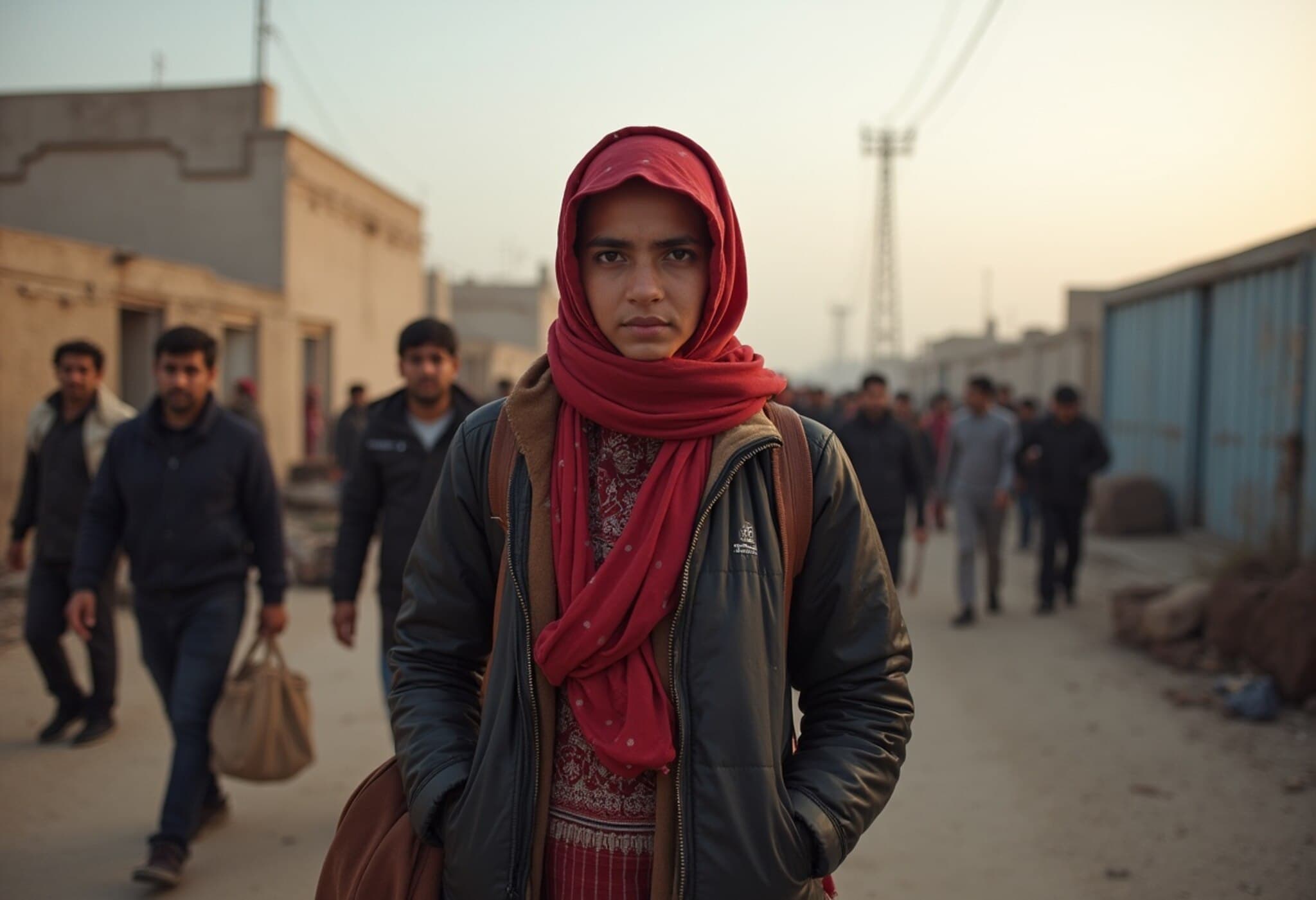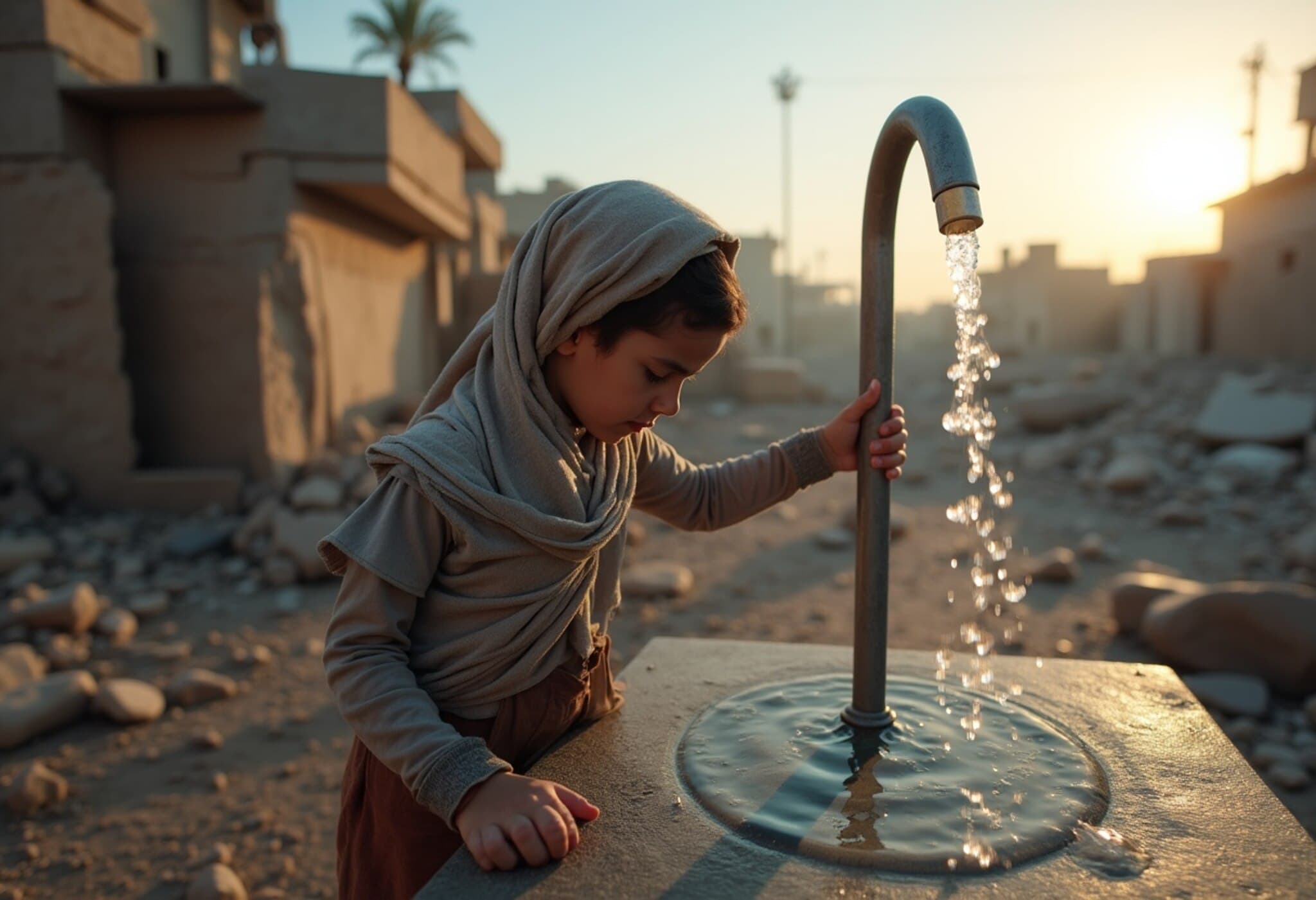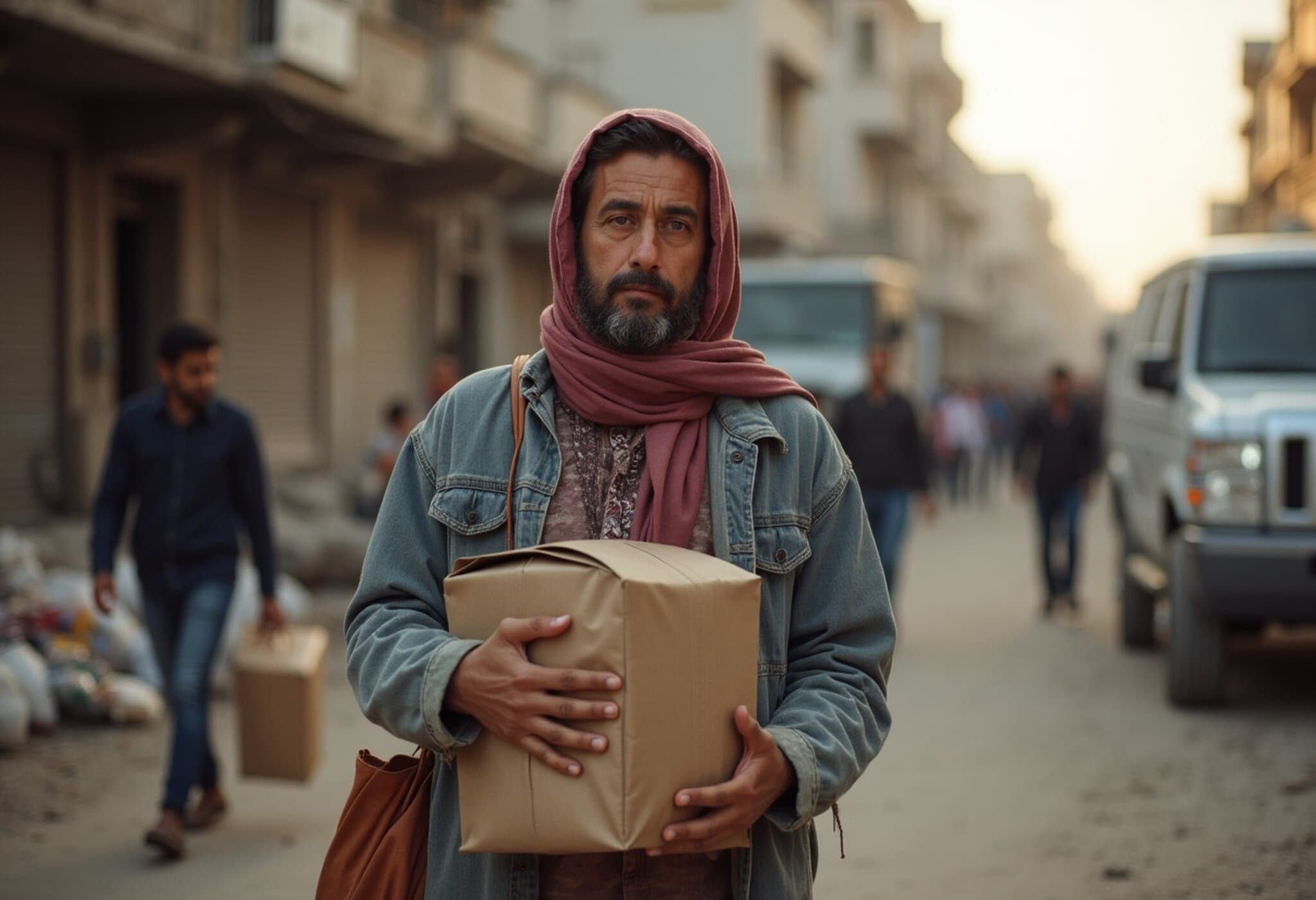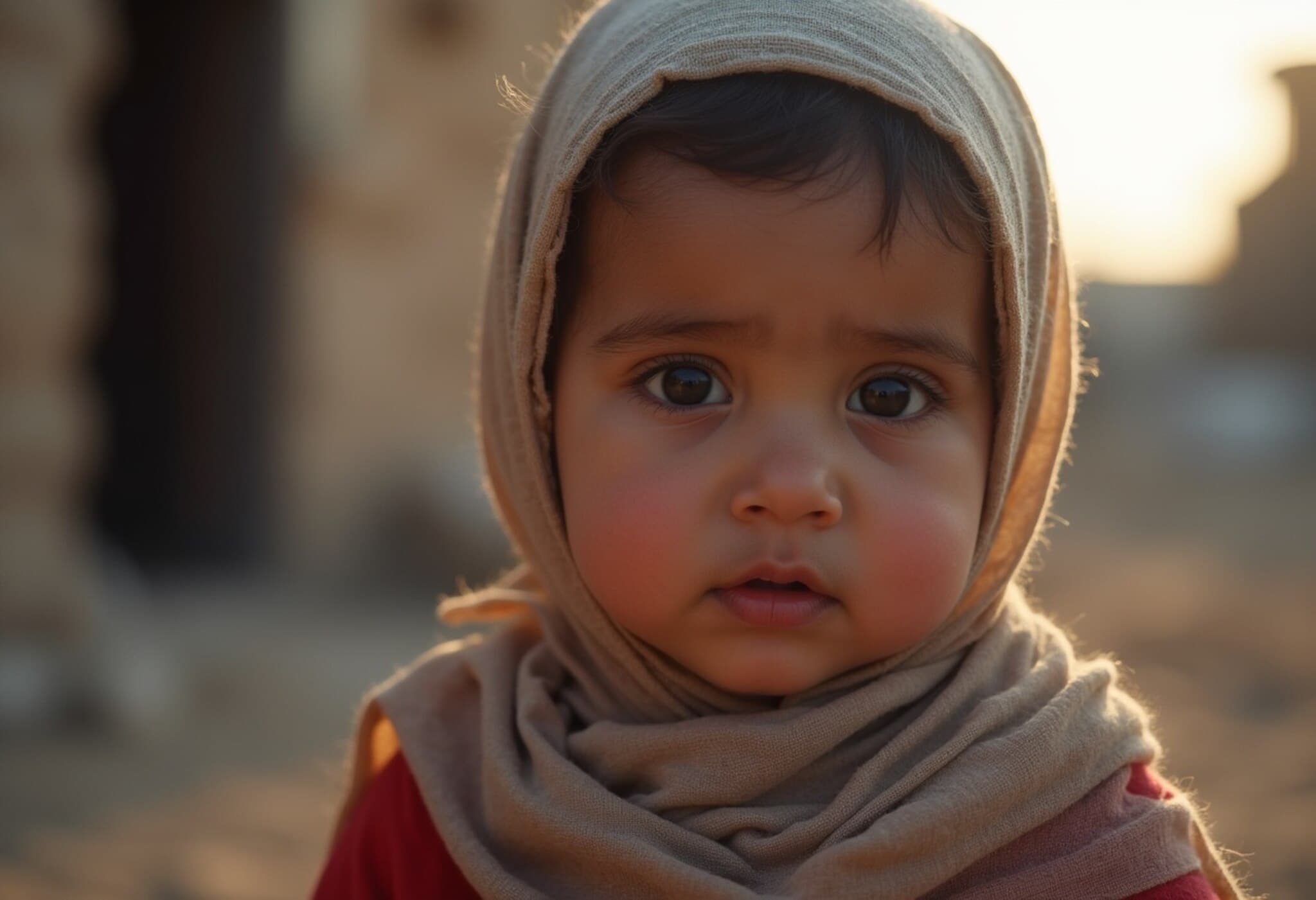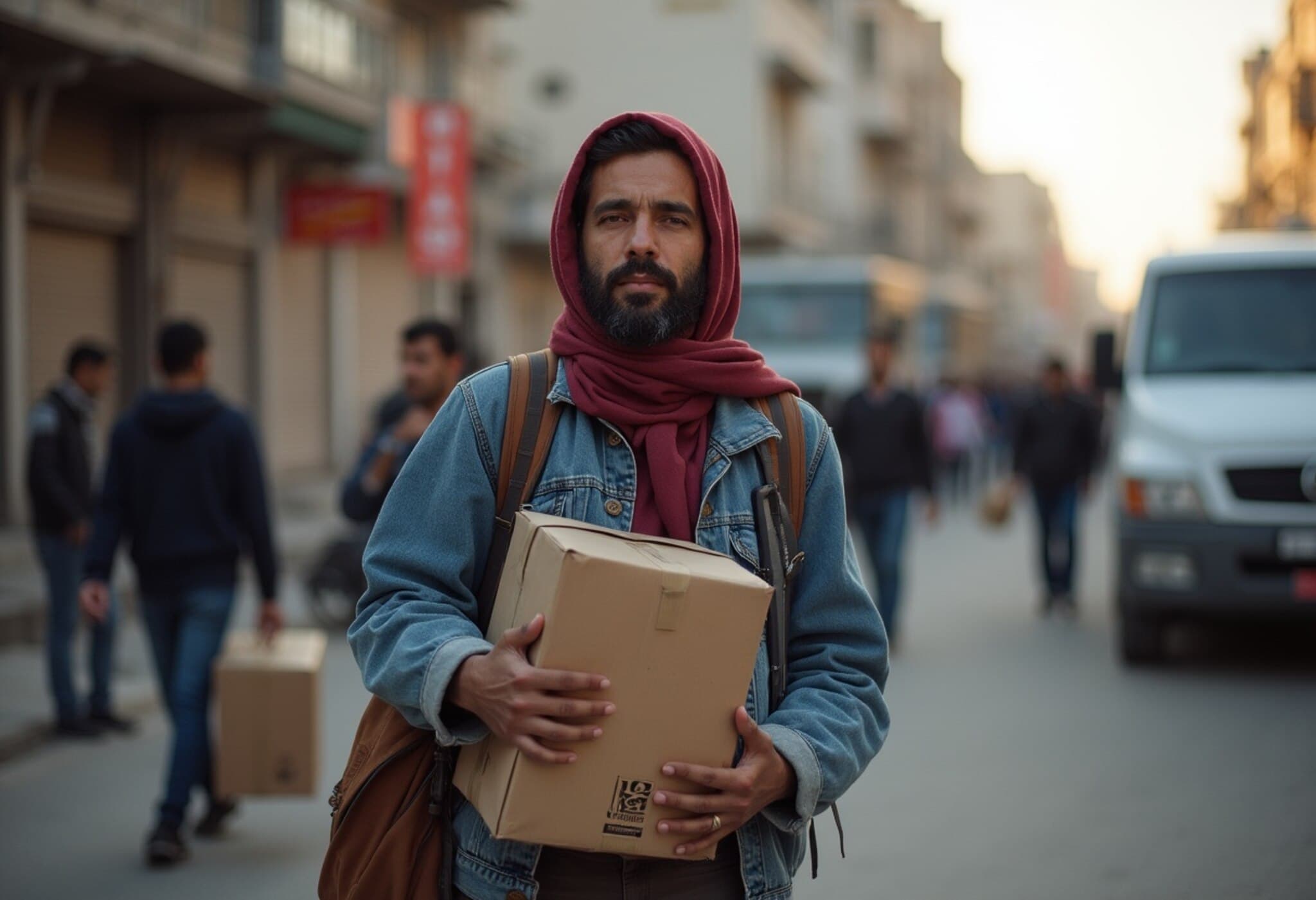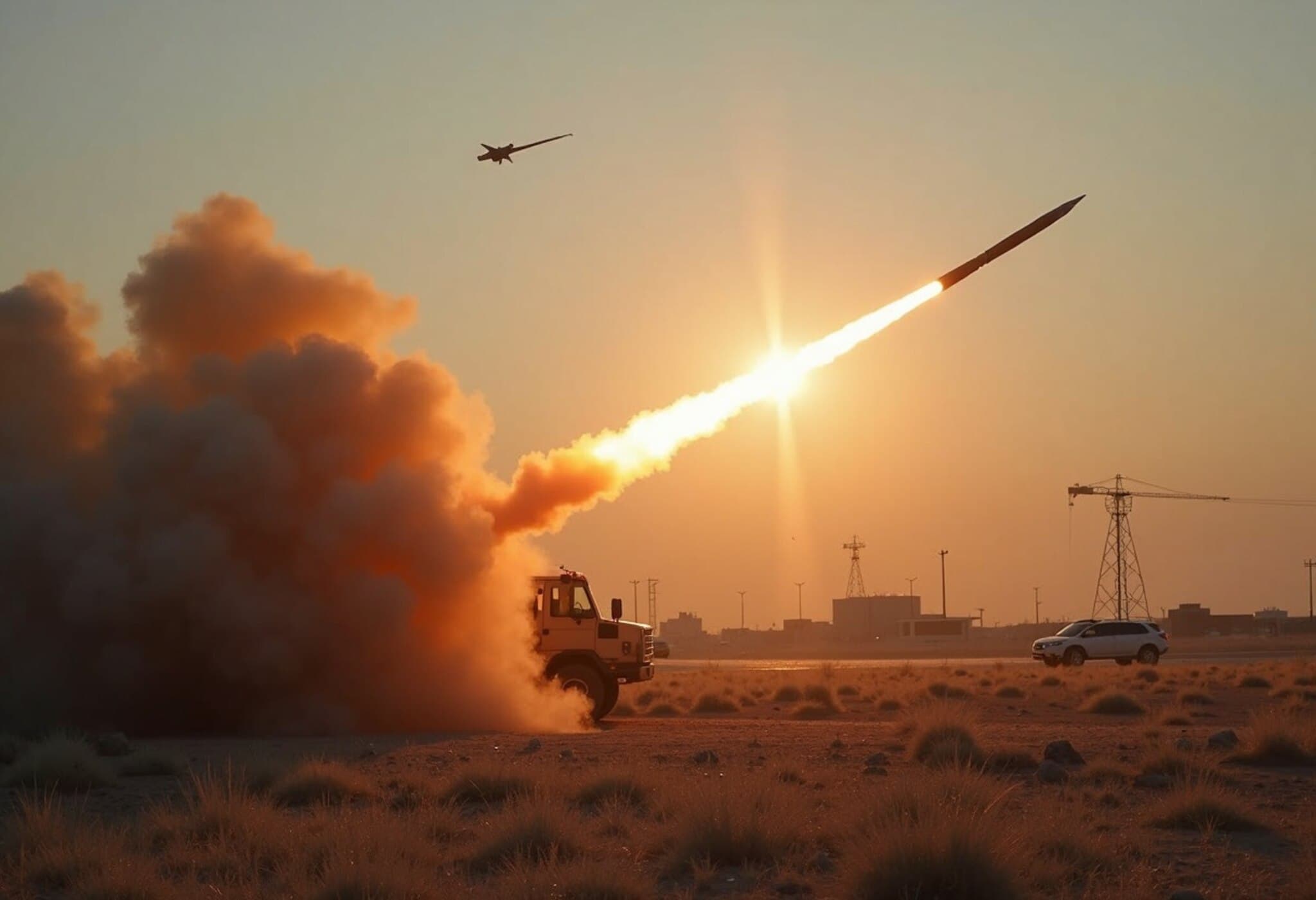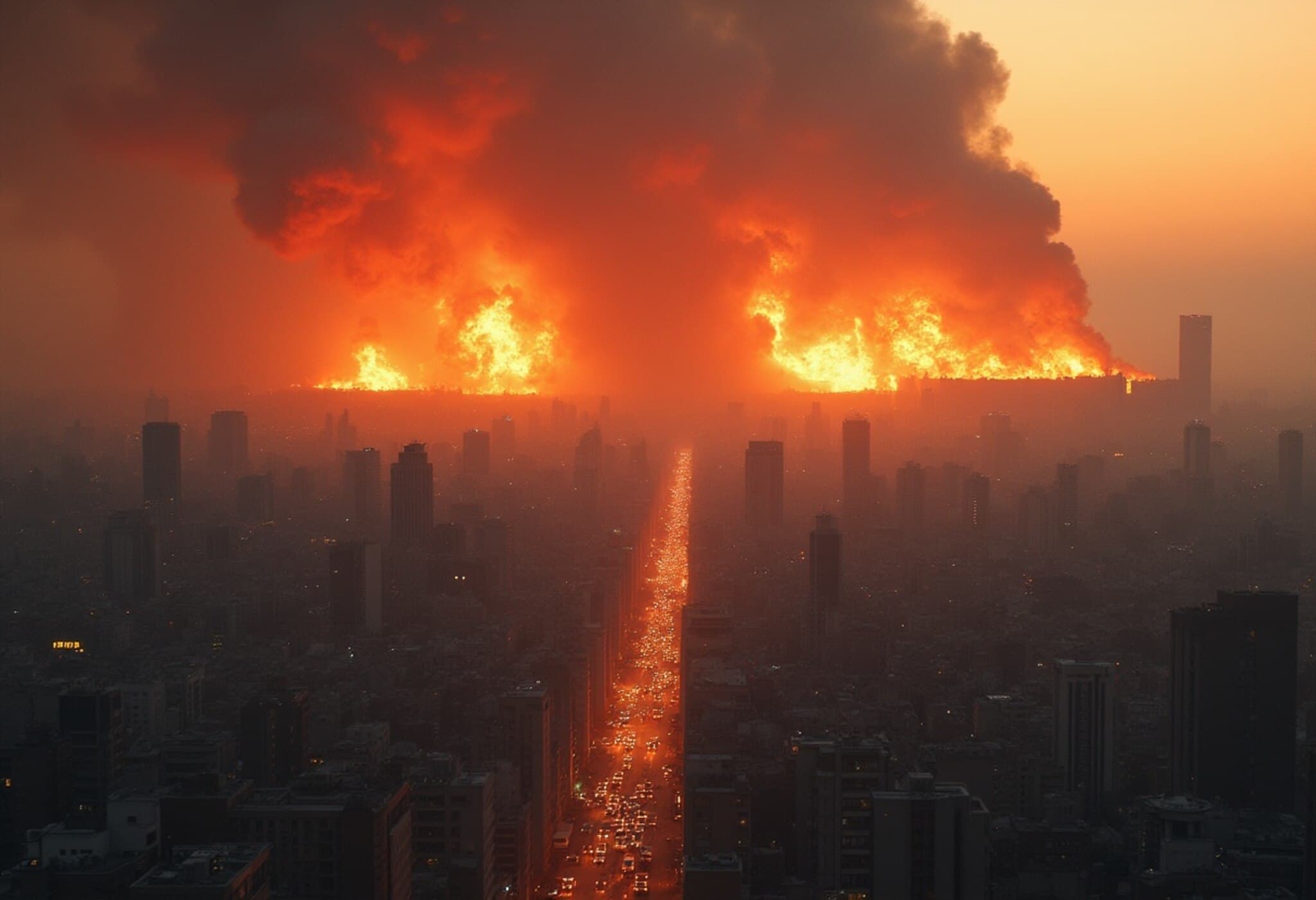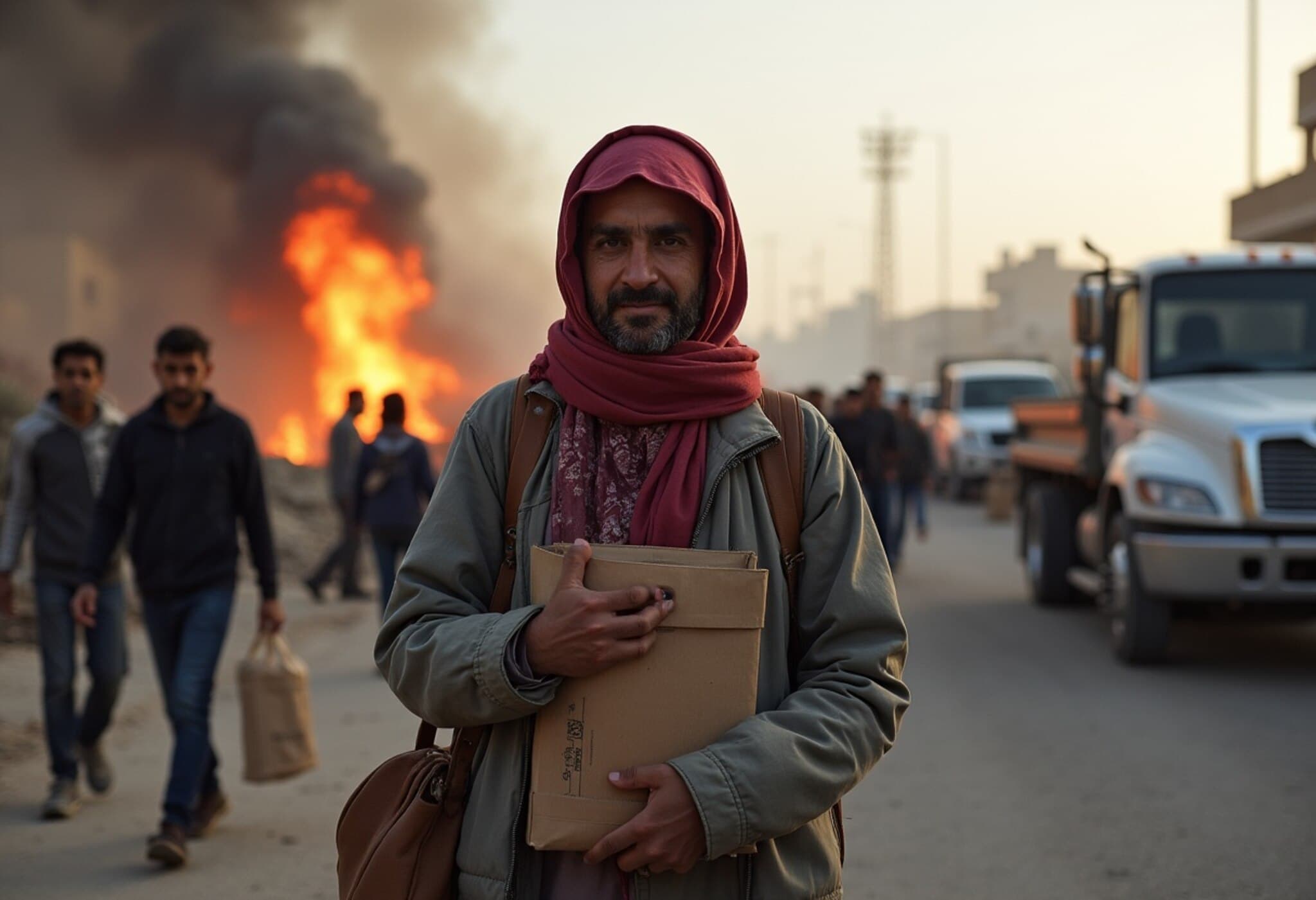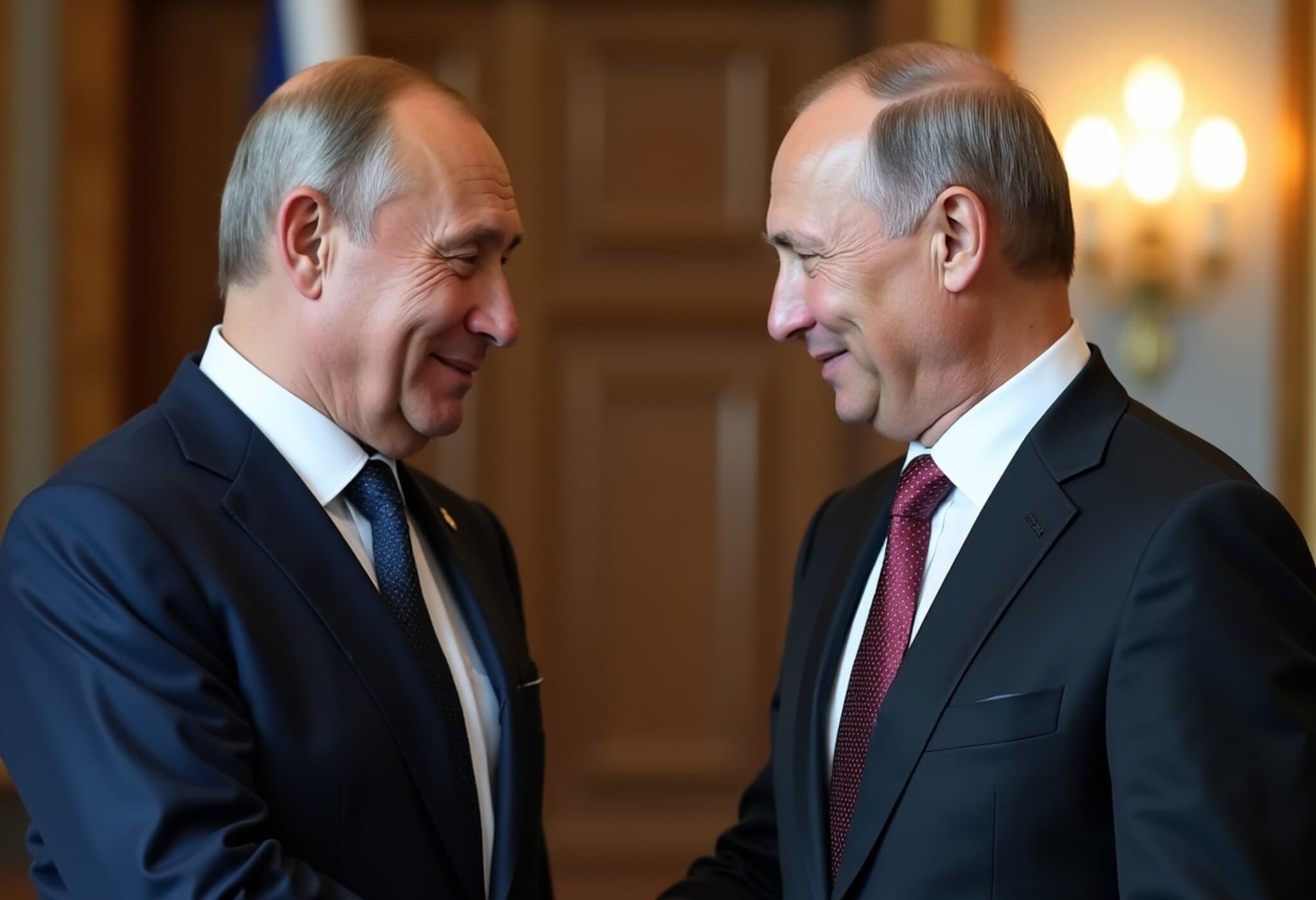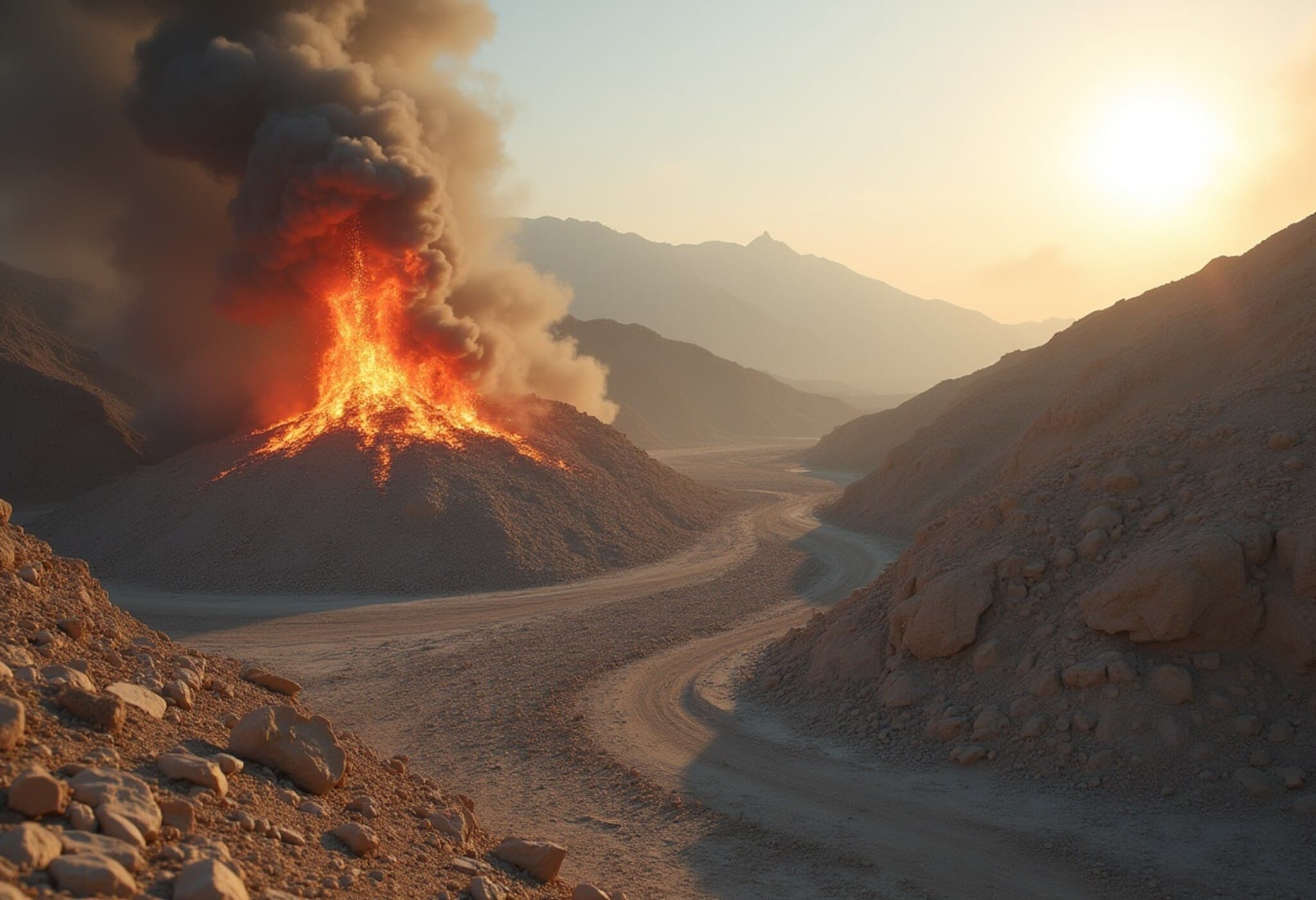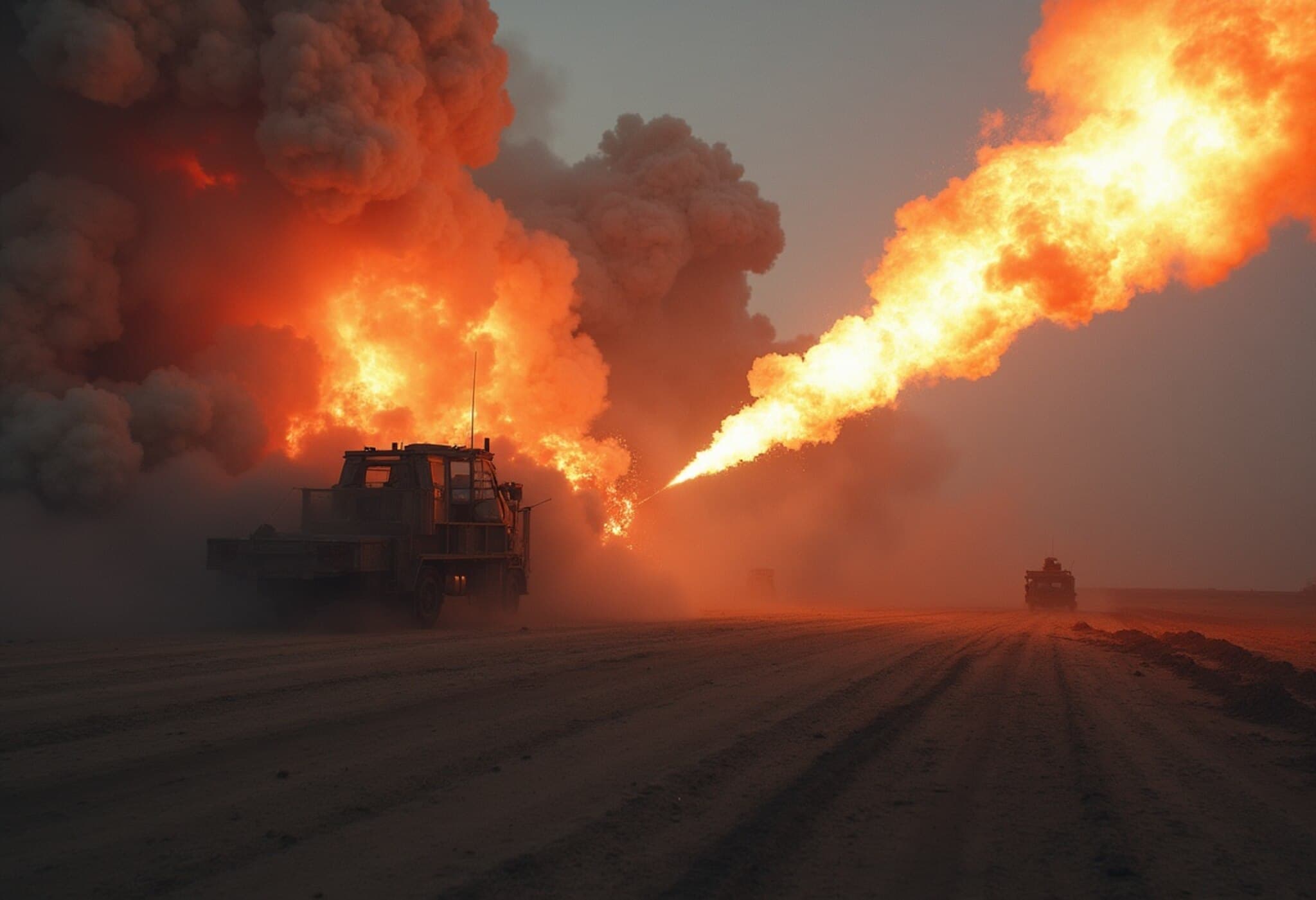Gaza on the Brink: Over 100 Aid Organizations Sound Alarm Over Starvation
More than 100 international humanitarian agencies have issued a rare and urgent warning: Gaza is teetering on the edge of mass starvation. As the blockade tightens and food supplies dwindle, doctors and aid workers report heartbreaking scenes of malnourished children and families growing weaker by the day.
Humanitarian Crisis Deepens Amid Blockade
The joint statement, endorsed by major organizations including Médecins Sans Frontières (MSF), Oxfam, and Save the Children, describes a dire scenario where aid workers themselves are now part of the suffering population. “Staff are wasting away alongside those they seek to aid,” they say, highlighting the harrowing reality that even those delivering relief face hunger and peril.
“As the Israeli government’s siege starves the people of Gaza, aid workers are now joining the same food lines, risking being shot just to feed their families.”
Rising Death Toll and Malnutrition Among Children
According to Gaza’s Hamas-run health ministry, at least 10 additional deaths from malnutrition were reported within 24 hours recently, pushing the total malnutrition-related deaths since Sunday to 43. The United Nations reports individuals collapsing from hunger in public spaces, with hospitals overwhelmed far beyond capacity. Desperate children have even told aid groups they wish to go to heaven simply because there there would be food.
Dr. Ahmad al-Farra, head of pediatrics at Nasser Hospital in Khan Younis, paints a grim picture: “We were afraid we would reach this critical point — and now we have.” He notes that some children have perished from outright starvation, while others are too weak for their bodies to absorb even available nutrients.
The World Health Organization estimates about 100,000 women and children suffer from severe acute malnutrition, urgently requiring treatment that is currently unavailable.
Access Denied Amid Conflicting Narratives
The root of the worsening humanitarian nightmare is the ongoing blockade and military operations controlled by Israel. Since March, Gaza has been under a total blockade, now partially eased but still severely restricting the flow of essential goods.
Israel denies responsibility for the shortages, presenting footage of hundreds of aid trucks waiting at border crossings and blaming the United Nations for collection delays. Israel’s Coordination of Government Activities in the Territories (COGAT) agency states that thousands of aid lorries, including significant amounts of baby food, have been allowed entry since late May.
However, the UN counters this, asserting logistical hurdles such as damaged infrastructure, shortage of fuel, and looting hamper aid distribution. Most tragically, civilians trying to access aid have suffered gunfire, despite assurances from Israeli forces of safe access.
Displacement and Restricted Humanitarian Corridors
Today, the majority of Gaza’s population has been forced from their homes, squeezed into approximately 12 percent of the territory where military control and evacuation orders do not apply. Aid deliveries remain insufficient, averaging just 28 trucks per day amid overwhelming demand.
Tons of humanitarian supplies, including food, clean water, medical equipment, and fuel, remain unused either at border crossings or internally inaccessible, exacerbating the crisis.
Call for Action: Ceasefire and Unrestricted Aid Urgently Needed
The coalition of aid organizations urges the international community to push for:
- A permanent ceasefire to halt violence and ensure civilian safety.
- The removal of all restrictions on the movement of goods and people.
- The reopening and security of all land crossings for humanitarian aid.
- The restoration of a credible, UN-led aid distribution system.
- Immediate cessation of weapons transfers that fuel the conflict.
The stakes could not be higher — with the very survival of over two million Palestinians hanging in the balance. The situation demands decisive, coordinated global action to prevent further loss of life.
International Reactions and the Road Ahead
On July 21, foreign ministers from the UK and 27 other nations collectively called for an immediate end to hostilities in Gaza. In contrast, Israel’s Foreign Ministry dismissed these appeals as “disconnected from reality,” underscoring the deep political challenges on the path to peace.
Without urgent intervention, the current trajectory risks entrenching humanitarian catastrophe and further destabilizing the region.
Editor’s Note
While the headlines focus on numbers and geopolitical disputes, it’s important to center the human stories—children too weak to eat, families forced into crowded quarters, aid workers caught in impossible circumstances. This unfolding crisis raises pressing questions about international responsibility, the efficacy of humanitarian corridors in conflict zones, and how global powers balance strategic interests with basic human dignity. As the world watches, the imperative remains clear: sustained, unhindered humanitarian access and genuine peace efforts are the only lifelines available to Gaza’s most vulnerable.

